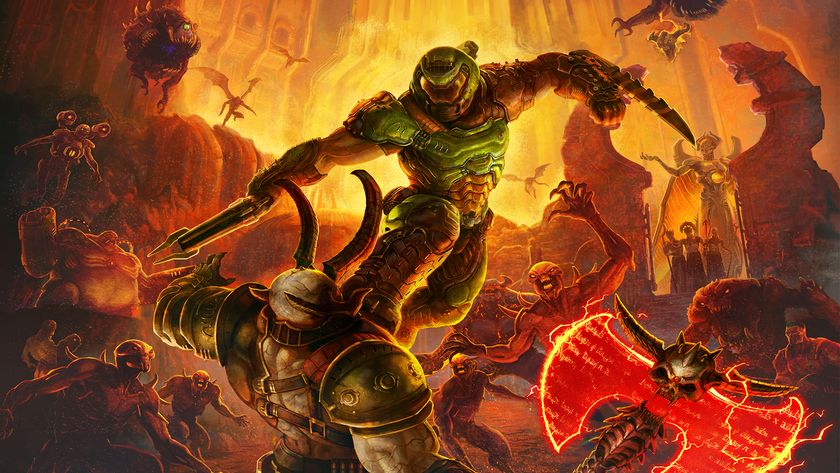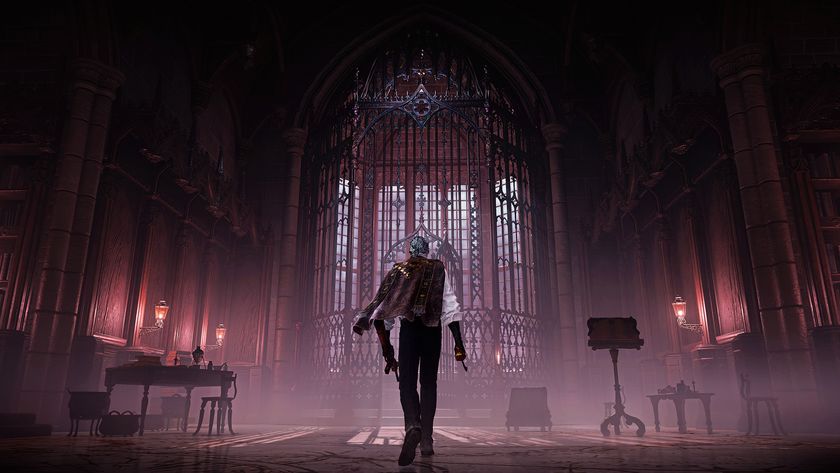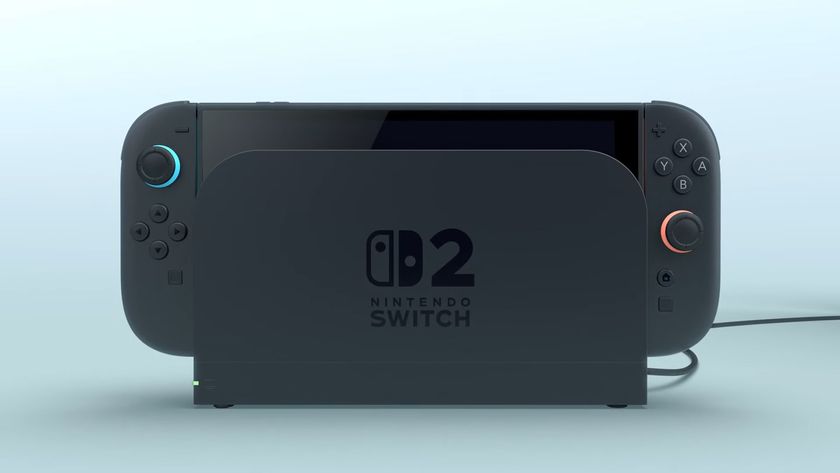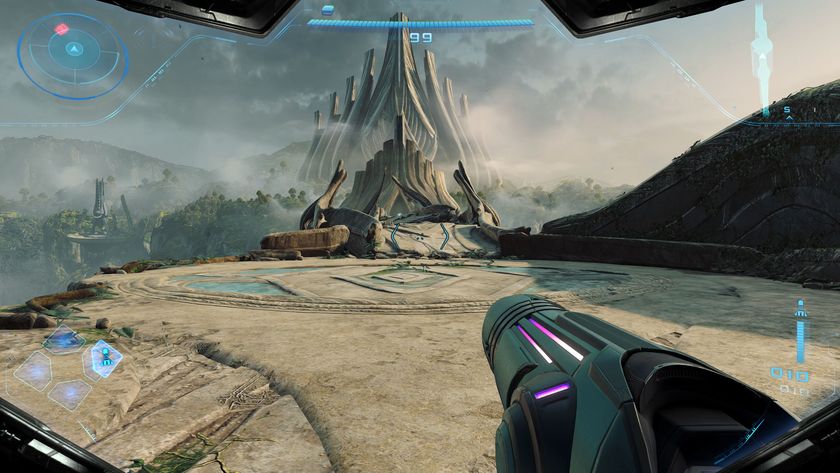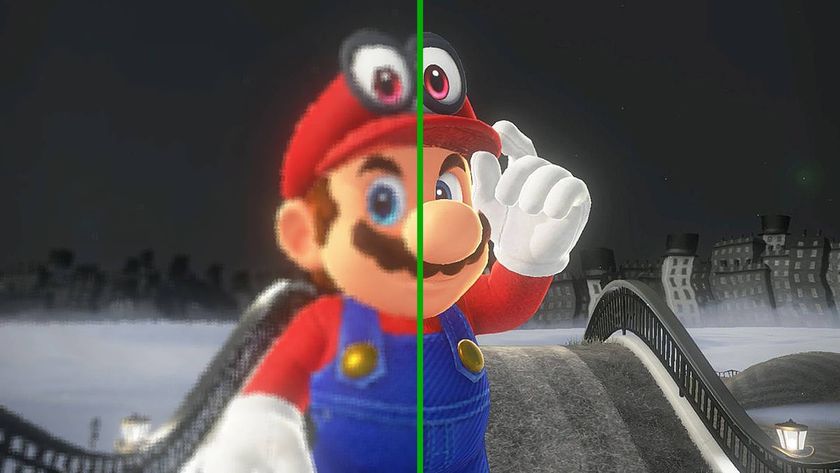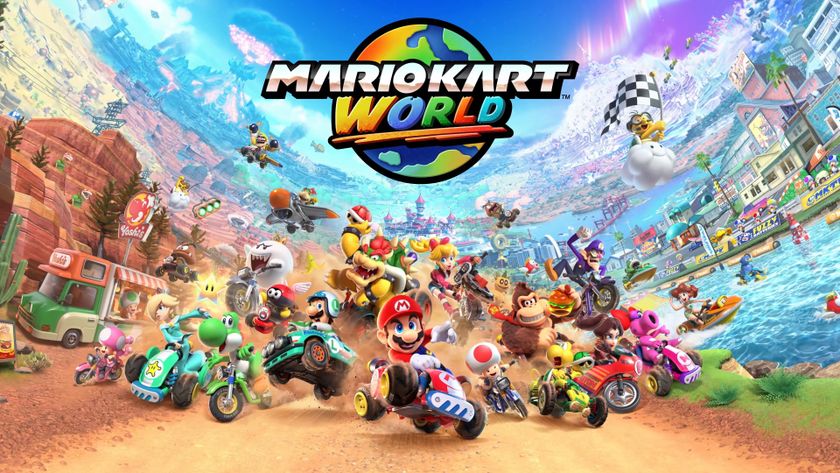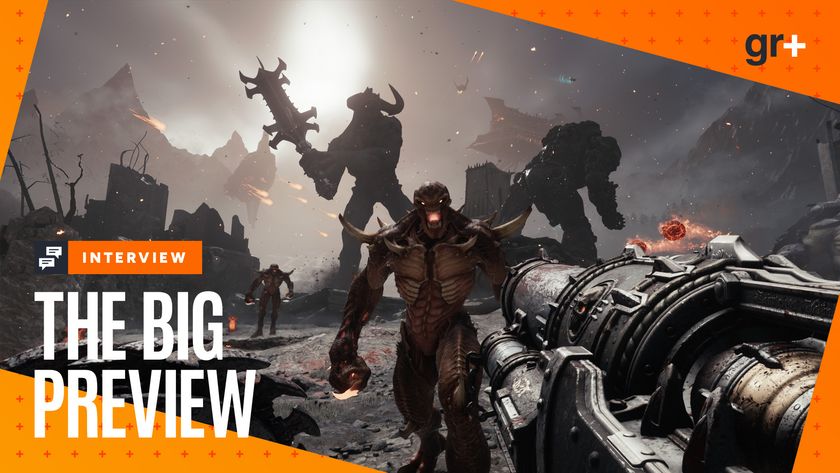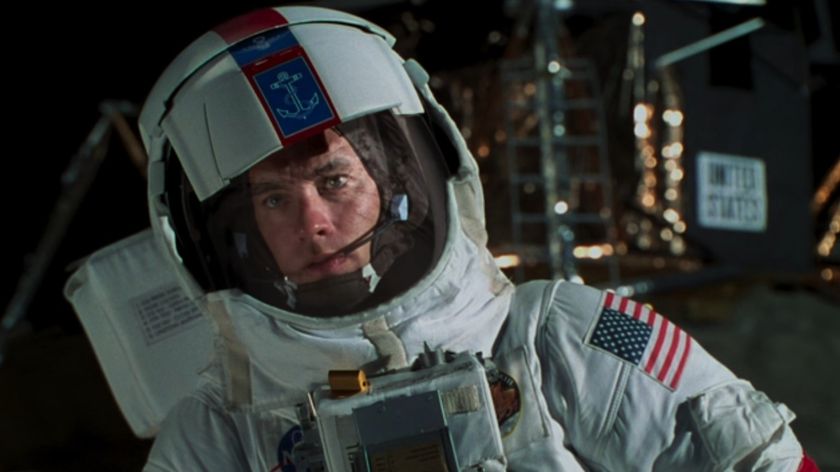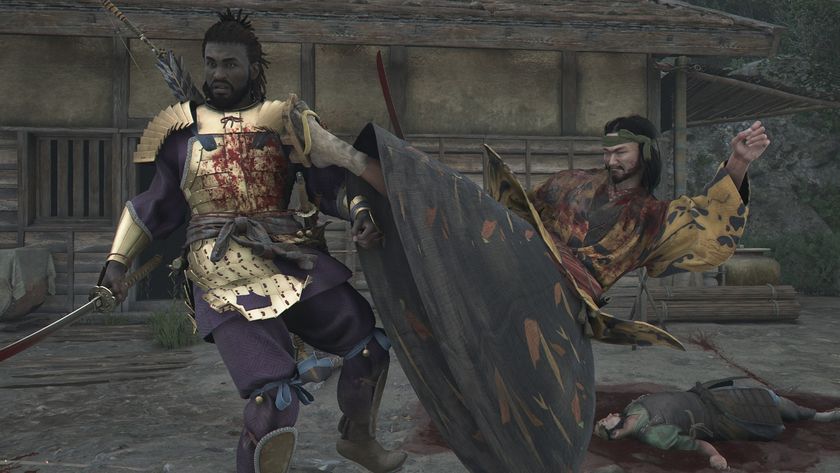The Making of Mass Effect 2
How BioWare built a better space opera
“We’ve had the very high-level concept of the trilogy mapped out from the start. That concept really just gets us a start and end point, with a few basic structural ideas. From there, we listened to the feedback from fans and reviewers, and combined it with our own creative ideas to form a clear vision for what Mass Effect 2 should look like. It’s at that point that we decided to make the story about preparing a team for a suicide mission as a means of tying even the most sentimental side plots into your epic mission. It’s a top-down process where the story outline is the last thing to be done after we have the larger structural aspects of the game in place.”
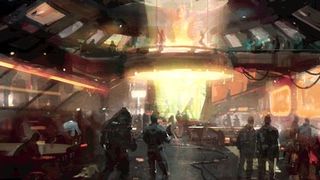
The bulk of Mass Effect 2 is spent recruiting those teammates and building a squad to take on the Collectors and it’s in those missions where BioWare’s storytelling shines. Designing the sequel began with fixing the combat but Mass Effect’s RPG elements were handled more carefully than before. Conversations are snappier and camera angles more dynamic.
As Armando Troisi, BioWare’s Lead Cinematic Designer has it, all BioWare RPGs are based around an agreement with players based on certain rules. Firstly, the interface for choices is predictable – in Mass Effect’s case, choices always appear in the places you’d expect on the conversation wheel and Paragon or Renegade QTEs appear on the same places on screen. Second, every choice produces results the player expects, so your intentions are never ‘misread’ by the game; you’ll never accidentally murder your best friend. Third, they give players the choices they want; if you ever wanted to kill someone in Mass Effect, chances are the option is there.
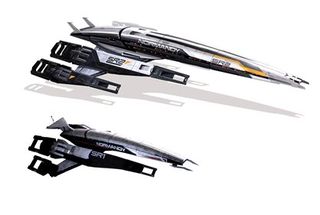
And finally, it’s the player’s story, not BioWare’s – it’s this which differentiates BioWare’s approach from that of a Japanese RPG designer who is telling a story to the player. BioWare call these rules their ‘Covenant’, treating it as sacred to each and every one of their games and you’ll be able to notice it as much in Dragon Age or their Nintendo DS Sonic RPG as you will in major titles like Mass Effect 2. It’s this agreement which makes BioWare’s RPGs so successful even when other elements are weaker, as in the original Mass Effect.
“Mass Effect 2 was really a triumph of game development,” says Hudson. “On time, on budget, and exceeding quality goals. And we did this despite some major challenges that couldn’t have been foreseen. The recession that rocked the world economy hit the game industry pretty hard. Like other studios, we had to take a hard look at our costs and find ways to get through it without impacting our ambitious goals for the game. We also were hit hard by H1N1. Just as we were pushing to finish the game, much of the team went down with illness and we lost over a man-year of time over the span of a couple months. It’s a huge credit to the team that we were able to release a very high quality game on time, even though they had to push through some tough times.”
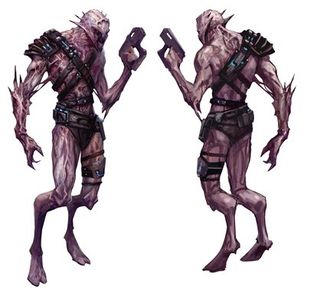
And already the team is back on the factory floor looking to Mass Effect 3 and to that one thing everyone found time to complain about. “The scanning minigame…” says Hudson. “I think the overall approach was fine, but we could have made it faster, more rewarding, and less critical to progression. We’re already working on adjustments to those aspects.” Which won’t be a surprise to anyone – because there can be few devs that work as hard as BioWare at honing their craft.
May 11, 2010
Sign up to the 12DOVE Newsletter
Weekly digests, tales from the communities you love, and more


Mass Effect 2 romance guide
The galaxy is a cold, lonely place without a lover's embrace

Mass Effect 3: So what happens next?
We've got a while to wait before we find out. So we've made some stuff up
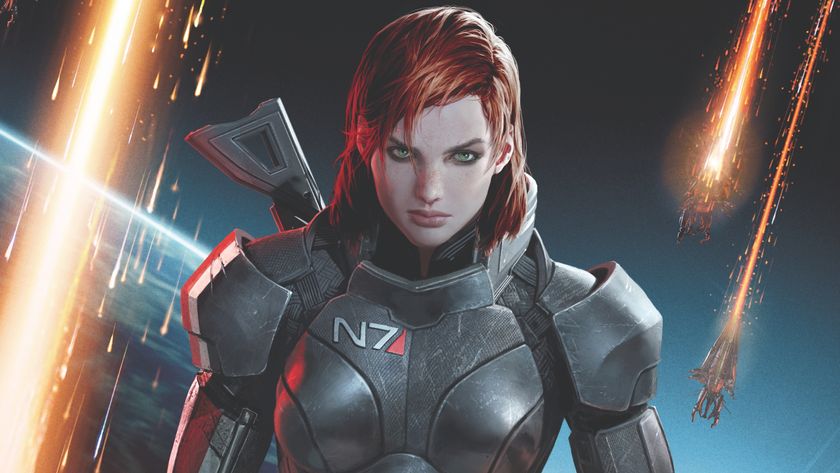
Jennifer Hale says she didn't see a single line as Mass Effect's Commander Shepard until it was time to record: "It was all cold reading on the spot"
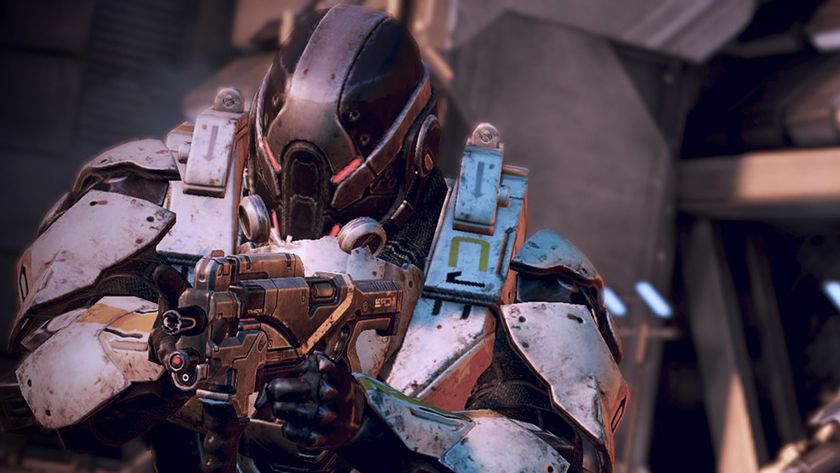
BioWare lead proves he's onto us while celebrating Mass Effect 3's birthday, clarifying that's all he's doing so that "nobody can say I purposefully teased them"
